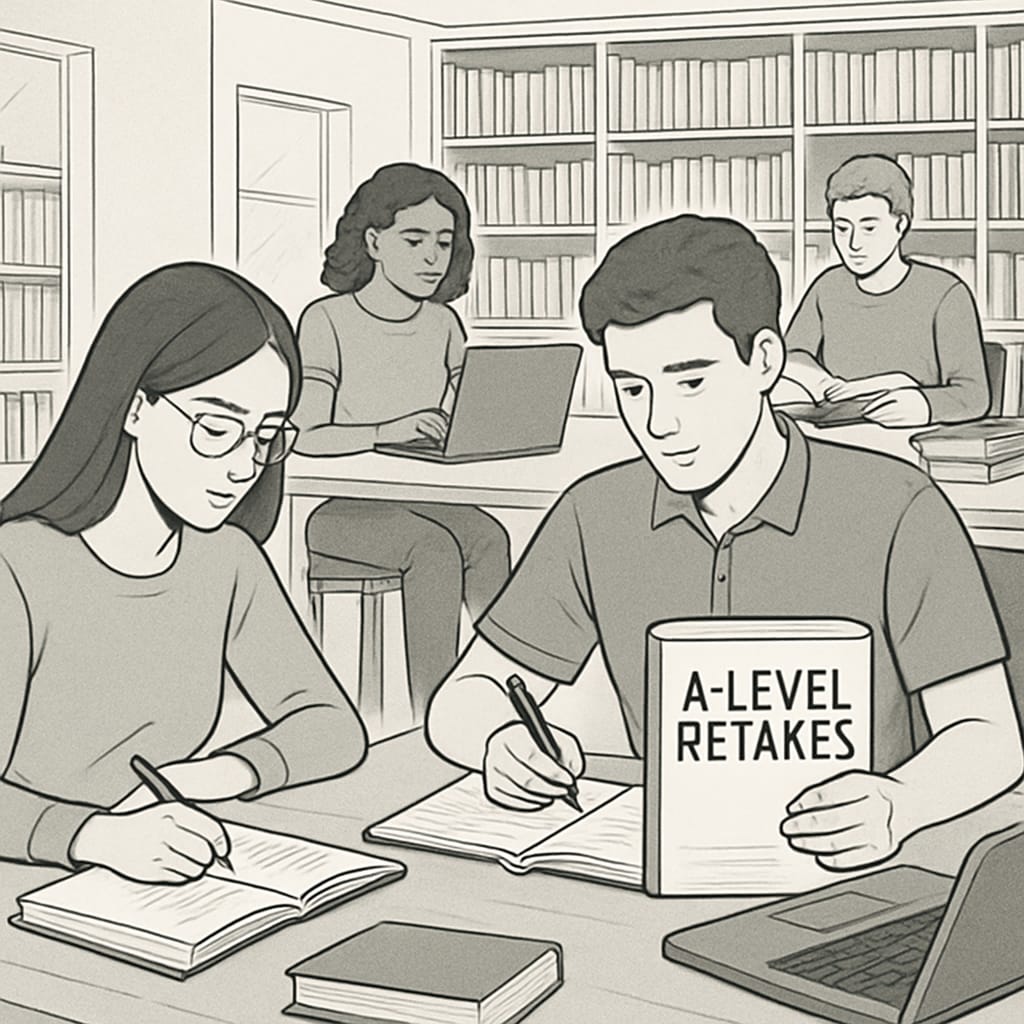For many students, A-level results mark a crucial turning point in their academic journey. However, when the grades don’t meet expectations, it can trigger doubt, anxiety, and confusion about what comes next. With options ranging from retaking A-level exams to considering local universities or enrolling in international foundation courses, the decision-making process can be complex. This article explores the advantages and disadvantages of these paths while offering practical advice to students confronting this educational crossroads.
Retaking A-level Exams: A Second Chance
One of the most straightforward options is to retake your A-level exams. This path is ideal for students who believe their current performance does not reflect their true potential or who aim to improve specific subject grades for desired university programs. However, retaking exams requires careful planning, resilience, and dedication to avoid repeating past mistakes.
- Pros: A second chance to achieve target grades and gain entry into competitive universities.
- Cons: Adds extra time to your academic journey and may come with financial costs for tuition and exam fees.
Before committing to this path, assess your ability to manage the pressure and time required for intensive study. If you struggled with a particular exam strategy or subject, consider seeking additional tutoring to strengthen your weaknesses.

Exploring Local Universities with Lower Entry Requirements
Another viable option is enrolling in local universities that have less stringent entry criteria. While these institutions may not be top-ranked internationally, they can still provide a solid education and valuable qualifications. This route is particularly suitable for students who are eager to move forward academically without taking a gap year to retake exams.
- Pros: Immediate continuation of academic studies and opportunities for personal growth.
- Cons: Limited access to prestigious programs and potential challenges in securing competitive job placements.
It’s essential to evaluate the course offerings and career prospects associated with these universities. Some local institutions may specialize in fields like teaching, nursing, or engineering, which provide a direct path to employment.

International Foundation Courses: Bridging the Gap
For students who aspire to study abroad but lack qualifying A-level grades, international foundation courses (sometimes referred to as preparatory or pathway programs) offer an alternative. These courses typically last one year and help students meet the academic and language requirements of universities in countries such as the UK, US, Australia, or Canada.
- Pros: Opens doors to globally recognized institutions and provides a structured transition to higher education.
- Cons: Can be expensive, requiring a significant financial commitment from students and families.
International foundation courses are particularly beneficial for students who thrive in environments that emphasize personalized learning and adaptation to new academic cultures. However, they require careful financial planning and a willingness to adjust to life abroad.
For more details, visit Foundation course on Wikipedia and Education systems on Britannica.
How to Make the Right Choice?
Choosing the right path after A-level setbacks depends on several personal factors:
- Evaluate Your Strengths: Reflect on your academic performance and identify areas for improvement.
- Consider Your Mindset: Are you prepared to retake exams or adapt to a new educational system?
- Plan Long-Term Goals: Think about your career ambitions and how each option aligns with them.
Ultimately, the best choice is one that aligns with your capabilities and aspirations. Whether you decide to retake exams, attend a local university, or pursue an international foundation course, remember that setbacks are not permanent. They can serve as valuable opportunities for growth and self-discovery.
Readability guidance: This article uses concise paragraphs, lists, and transitions to ensure clarity. Key points are summarized for quick reference, and external resources provide further insights.


